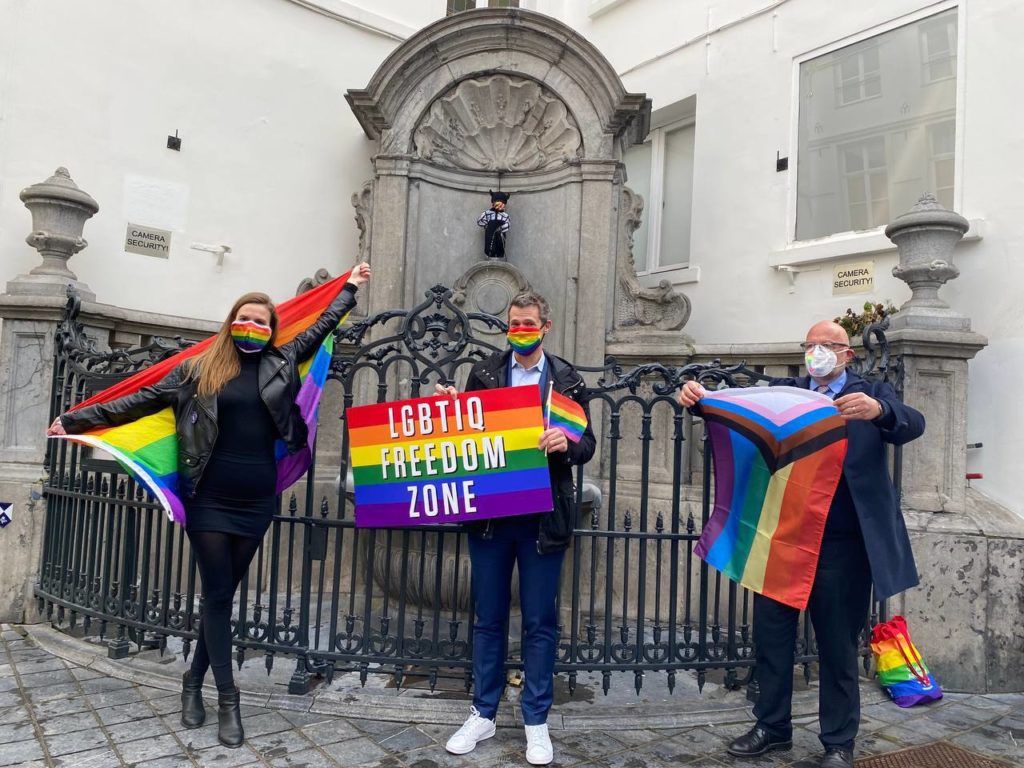Brussels green MP for the Ecolo party Marie Lecocq suggested creating a museum in Brussels on the history of the LGBTQ community, in the run-up to the Belgian Pride Parade on Saturday 21 May.
The museum would document the history, culture and struggle of the community, with a focus on the people who have fought for social rights.
"Belgian Pride is a moment of visibility every year. It is important to have a permanent space," said Lecocq.
In Belgium's public spaces, there currently is not much recognition of LGBTQ people apart from the Suzan Daniel Bridge in the northern part of Brussels, named after the woman who in 1953 started the first gay and lesbian society.
Related News
- Why pride is still necessary and important
- In Photos: Brussels Protest against LGBTQ discrimination
- Brussels calls for artifacts related to LGBTQ+ movement for museum collection
She added that the Belgian Greens were inspired by London where the museum Queer Britain opened its doors in North London in May to coincide with London celebrating gay pride 50 years after its first parade.
In Belgium, Pride parades first started in 1996, according to Lecocq, and now boast over 100,000 participants.
Venue not decided yet
As for the museum, Lecocq noted that the Suzan Daniel Fund started archival work on the history of LGBTQ people and that information could be used for the museum to make it a permanent part of Brussels culture.
However, it is unclear where the museum would be, but the Greens want further discussions with the parliament in Brussels.
Belgium was one of the first countries in Europe to recognise same-sex marriage in 2003, only preceded by the Netherlands in 2001. A string of countries followed suit, most recently Switzerland in 2022.
Not equal yet
Europe is one of the friendliest continents for LGBTQ rights, as same-sex sexual activity is legal in all Member States and discrimination in employment has been banned since 2000.
However, EU countries have different laws when it comes to same-sex unions, same-sex marriage and adoption by same-sex couples. Many countries in Eastern Europe recognise neither same-sex marriages nor adoption by same-sex couples.

